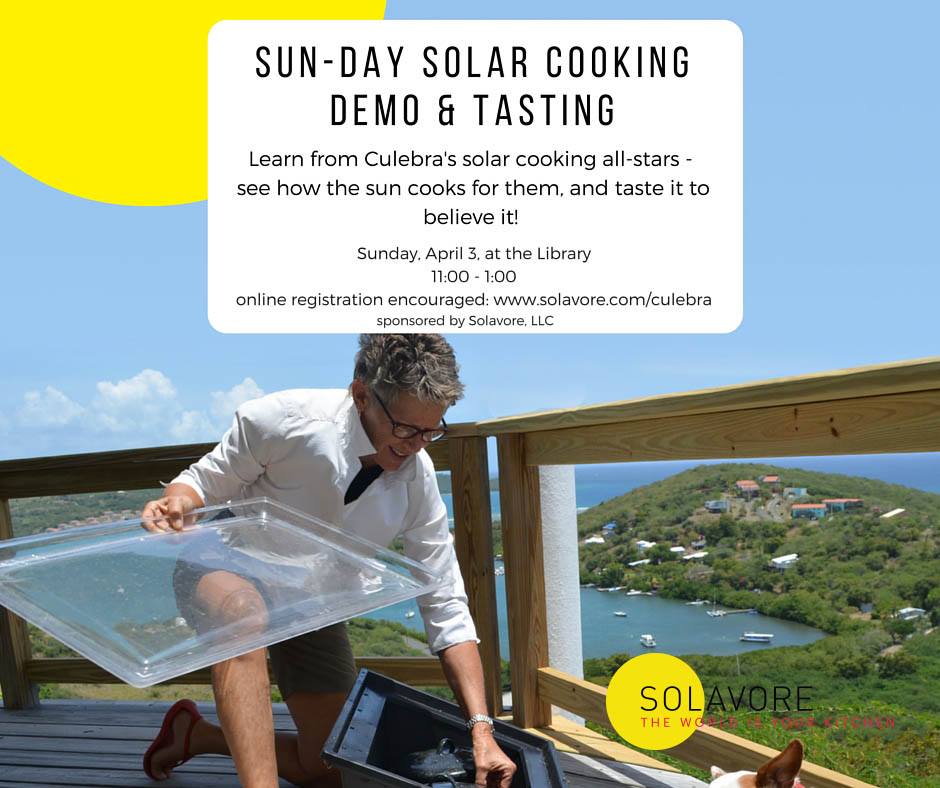By Neal St. Anthony
Star Tribune (Minneapolis)
WWR Article Summary (tl;dr) It’s so true, you never know where that next idea is going to come from. That is certainly the case for Anne Patterson who now owns a solar cooking company. She first encountered the solar cooker on a friend’s boat. Patterson was so impressed with the product that she later bought the company. Since the purchase, she has invested a significant amount of money and is now ramping up production. Part of her goal with the solar cookers is the empowerment of women in third World countries. She hopes to provide the cookers to many women who now cook over dangerous wood coals in smoky huts.
Star Tribune (Minneapolis)
Years ago, businesswoman Anne Patterson ate some whole wheat bread baked by a friend in a solar oven on the deck of her sailboat.
Patterson, who didn’t like cooking with propane in the boat’s cramped, one-burner galley, tried her hand with carrot cake.
“It was stunningly good,” Patterson recalled. “The carrots and coconut don’t turn to mush as they do in a conventional oven.”
In 2012, Patterson called St. Paul-based Solar Oven Society, the distributor of the ovens.
She was retiring at the time, and eventually bought the solar-oven business that had run out of gas after 15 years. In 2014, Patterson, who is now CEO, acquired and invested what now totals about $500,000 in the business.
Renamed Solavore, Latin for “devour the sun,” the company targets environmentalists for easier-than-you-think solar cooking.
It’s also a social enterprise that plans to provide thousands of low-cost cookers to women in Third World countries, who cook over dangerous wood coals in their smoky huts.
“This is an ‘encore career’ in the sense that it is a complete departure from my professional pursuits,” said Patterson, 63, an energetic woman who looks 20 years younger. “I care about the environment and I care about women. And I love to cook.”
The former Solar Oven Society was a nonprofit started years ago by Mike and Martha Port. They worked through church groups, other nonprofits and volunteers to assemble and ship solar ovens around the globe.
By 2013, the Ports were losing their lease and tiring of the noble grind of fundraising and bootstrapping the operation.
They had sold or donated more than 20,000 ovens. Patterson and two minority partners bought the assets and converted the nonprofit to a private company.
Eyeing the LOHUS crowd
The plan, starting in 2015, calls for increasing commercial sales of the $229 per-unit oven to the growing, so-called “LOHUS”(Lifestyle of Health and Sustainability) crowd that seeks a low-carbon footprint and likes alternative energy.
Also, Patterson wants to maintain the Ports’ mission. They wanted to help the estimated 3 billion people who must use polluting charcoal or wood to cook in their huts. Many must search for wood for hours daily in deforested lands such as Haiti.
“I was smitten with the challenge of introducing this healthy-life product into a convenience-oriented America,” Patterson said.
“Our aim is to eventually sell one to a full-pay customer, and then we’ll subsidize one through a nonprofit or other partners in a developing world.
“That model will vary. We will sell at deep discounts into some countries through a third party, such as ‘impact investors’ who subsidize the introduction of green technology. We want to help women and their micro-enterprises. Some already use the Solavore oven to make a cake, but also bake another cake to sell at market to generate family income.”
Solavore lost money on sales of 1,100 units in 2015 and expects to break even on sales of 3,000 units this year.
Patterson has struck agreements with the government of Cambodia to distribute Solavore ovens as environmental and economic development tools, as well as the BigLife Foundation in Kenya.
The sturdy, assemble-with-a-screwdriver Solavore Sport comes with two 9-inch black, granite-wear pots. It weighs about 9 pounds. It sells for $229, plus another $39.50 for an aluminum reflector that magnifies heat.
The cooking range is 225 to 275 degrees, like a slow cooker. With the reflector, it can reach 350 degrees, more like an oven.
Gateway to clean cooking
Derek Markham, a veteran independent blogger at Treehugger.com, this month called it the “gateway appliance to clean cooking.”
Thanks to its rectangular footprint, the Sport is one of the only solar ovens large enough to hold two pots at once. It is designed to cook at a 30-degree slant for overhead summertime sun, and can be placed on its side to capture the low-angle winter sun.
Patterson, who has a master’s degree in mathematics, as well as a degree in music, has worked mostly in operations and marketing for companies such as Hewlett-Packard, 3Com and Next Computer, where she reported to the late Steve Jobs before he returned to Apple.
Patterson, who lives with her husband in a Connecticut cottage on the Long Island Sound, cooks on their sailboat or porch several times weekly. Puerto Rican stewed beans, carrot-pumpkin soup, banana bread and Caribbean spicy chicken are among her favorites.
Patterson spends a week a quarter in the Twin Cities and otherwise works on marketing and finance wherever she is.
Brent Dickerman, a former golf club pro from Rochester and a Metropolitan State University graduate, is operations manager in St. Paul. Part-time employees work flexible hours to assemble and ship product.
“I wasn’t surprised to learn Anne bought something that aligns with her values,” said Laurie Fuller, a former colleague at 3Com, who is still a friend and fan of Patterson’s. “She has always been a very values-driven and purpose-driven person and always concerned with her impact on the environment. She walks the talk. She’s also an enjoyable person.
“I’ve also eaten her cooking. It’s absolutely delicious. The carrot-squash soup was amazing.”














































































































































































































































































































































































